Campus Map
The EC campus map can help you find your way around campus and find the best parking spot.
Welcome
About EC
Getting Started
Academic Resources
Apply to EC
Visit Campus
Tuition & Financial Aid
Campus Life
Outcomes & Careers
Athletics
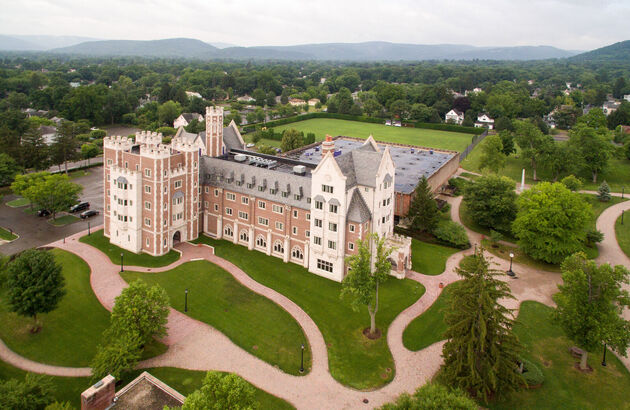
Grounded in the liberal arts and sciences, Elmira College provides a collaborative and supportive environment that enables students to become active learners, effective leaders, responsible community members, and globally engaged citizens.
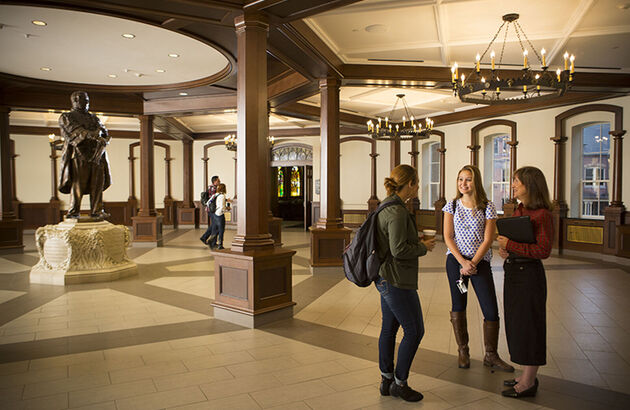
The legacy of academic excellence at Elmira College runs deep with a heritage and culture that have been forward-thinking from day one, as the first college for women with a course study equivalent to men's.
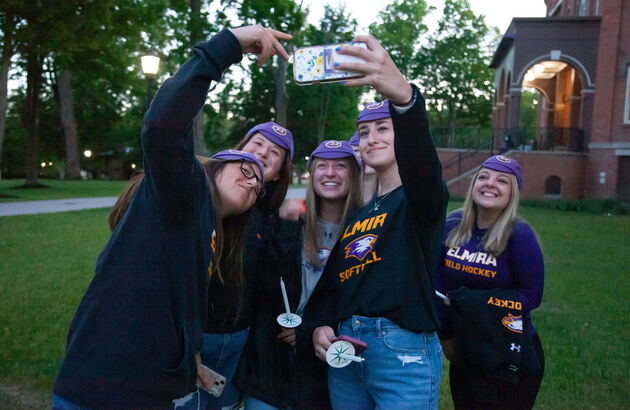
At Elmira, you’ll have opportunities that shape your future, raise your sights and equip you with targeted tools and skills to succeed in the professional world. Join a community that’s close-knit, fun-loving, and just the right amount of quirky.
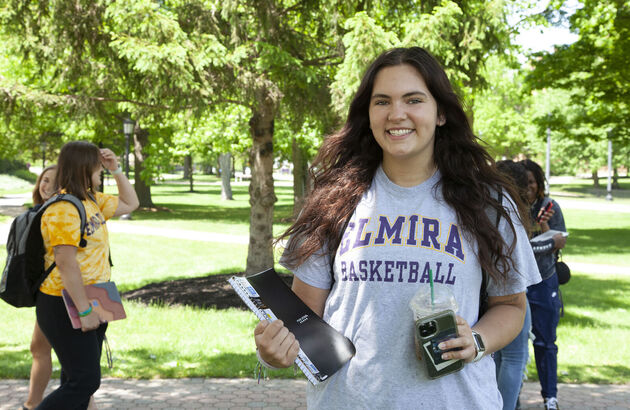
Elmira College makes a private education more affordable than you realize, with a number of ways to get the financial assistance you may need. Our financial aid office can guide you through options, including scholarships, grants, loans, and work-study programs.
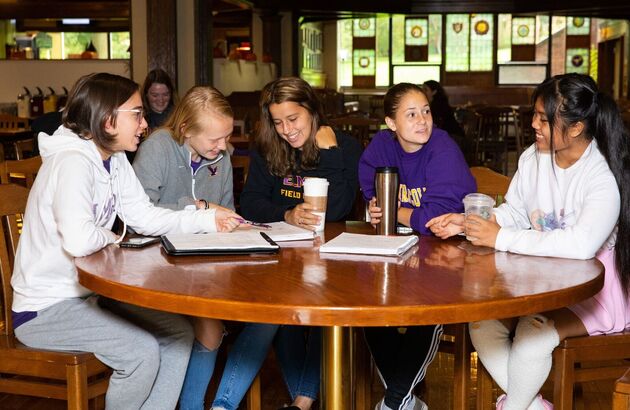
Elmira College includes meeting students from around the world, participating in Elmira traditions, completing community service projects, and hopping into a pickup kickball game.
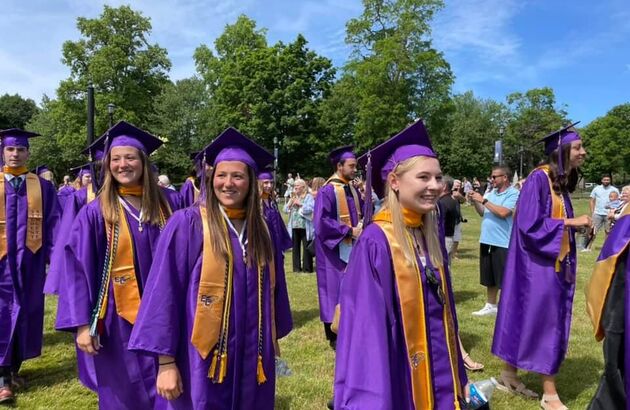
Elmira College provides you with a foundation for future success.
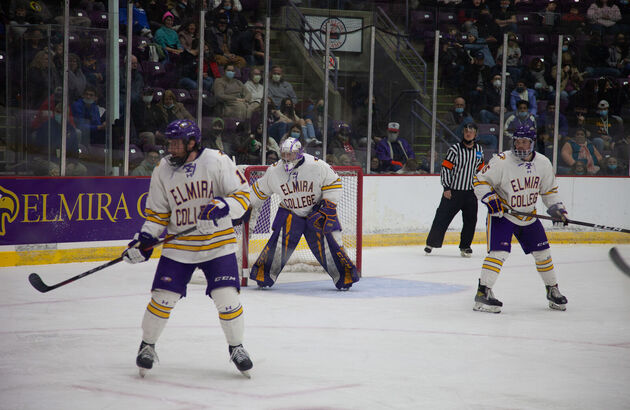
The home of the three-time NCAA National Champion Elmira College Soaring Eagles.
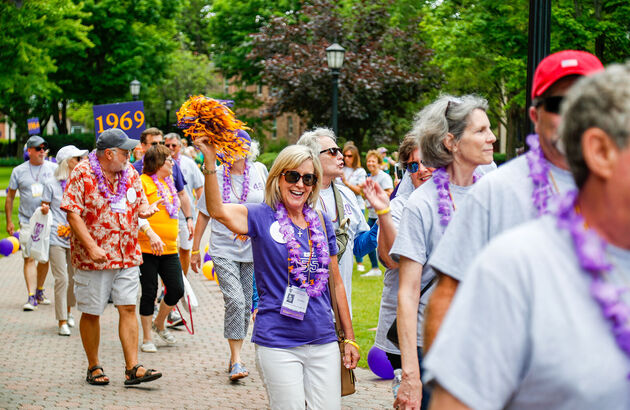
Elmira College alumni stay connected and engaged with the College long after they graduate.
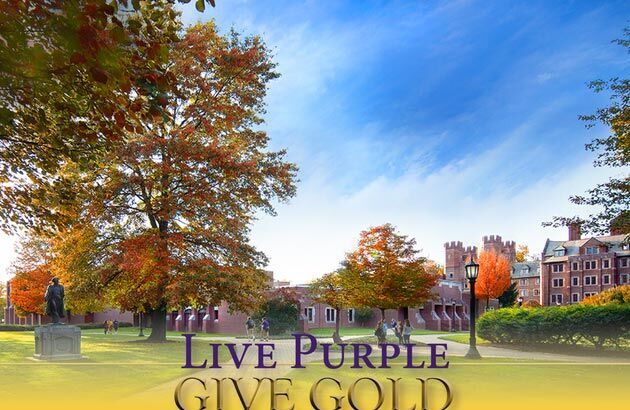
Gifts to Elmira College ensure excellent academic and co-curricular opportunities for generations of EC students.
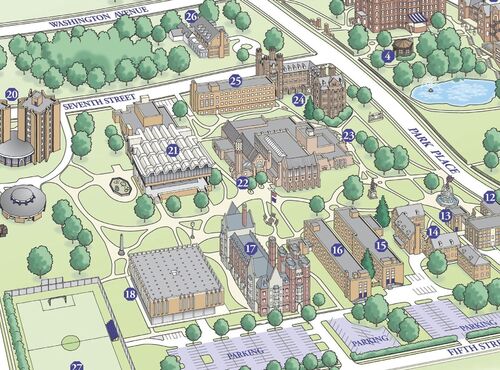
The EC campus map can help you find your way around campus and find the best parking spot.
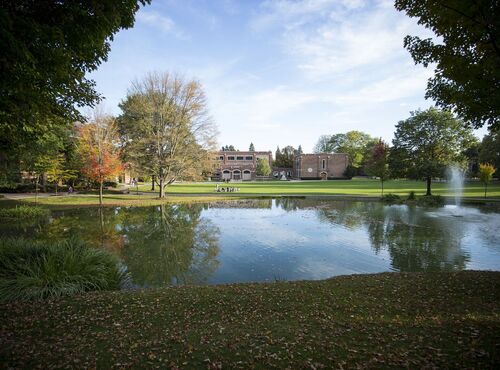
Check out our news section to learn about all that's going on at Elmira College.
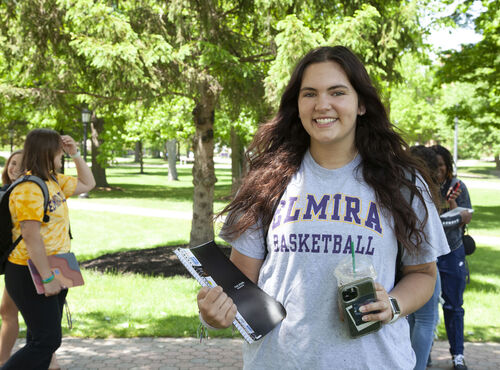
Internal dashboard for EC news, events, resources, and more. Log-in required.
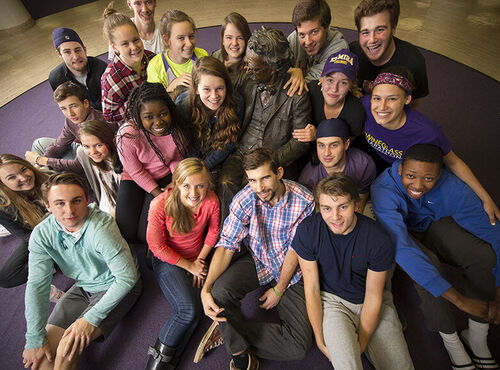
Looking for a small, close-knit campus filled with incredible, hands-on learning opportunities? Our Admissions Office can help make Elmira College YOUR place.
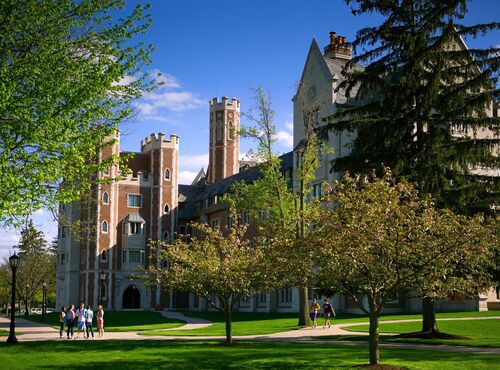
Looking for registration deadlines, spring break or when grades are due? Our academic calendar has all of the important events for this academic year.
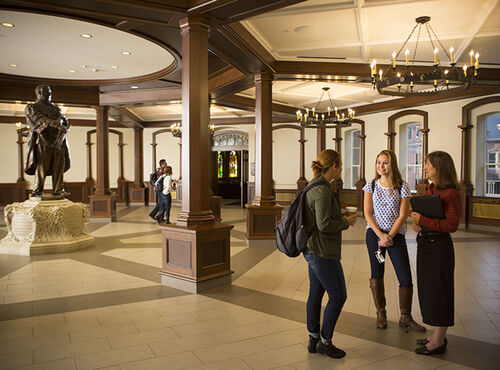
With over 35 majors and minor areas of concentration, Elmira College lays the foundation for a diverse, cross discipline education, encouraging you to both specialize and explore.
Info For
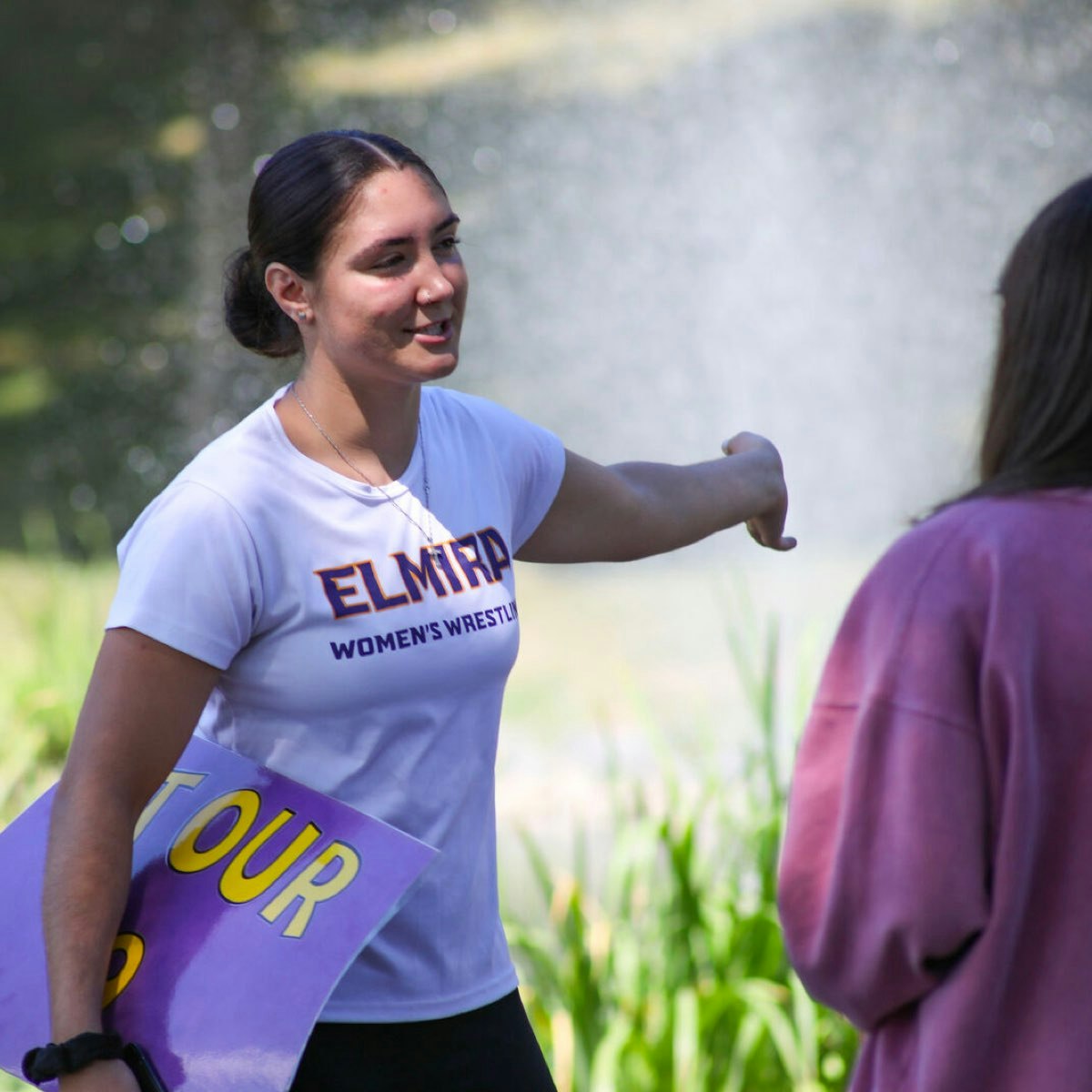
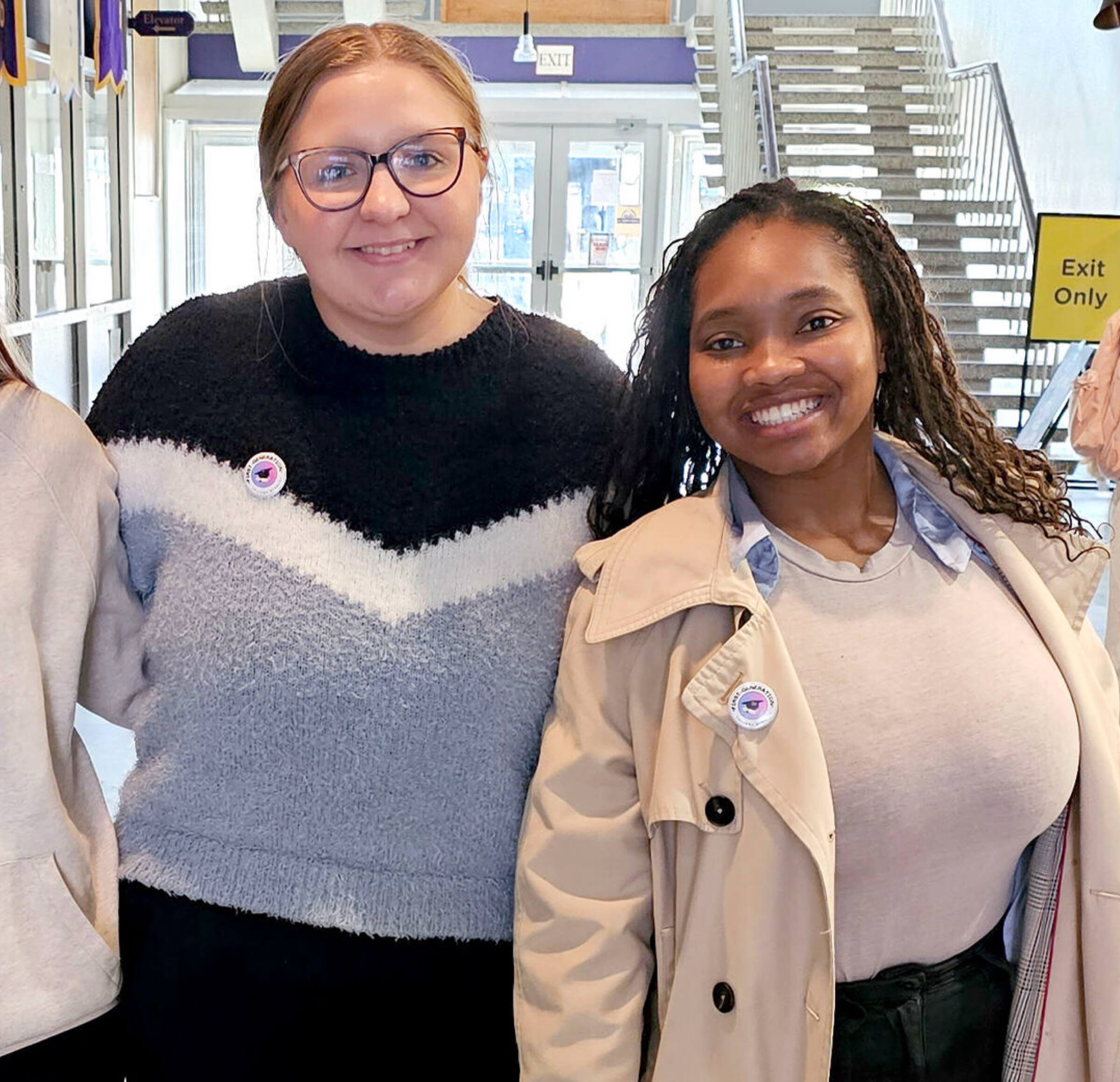
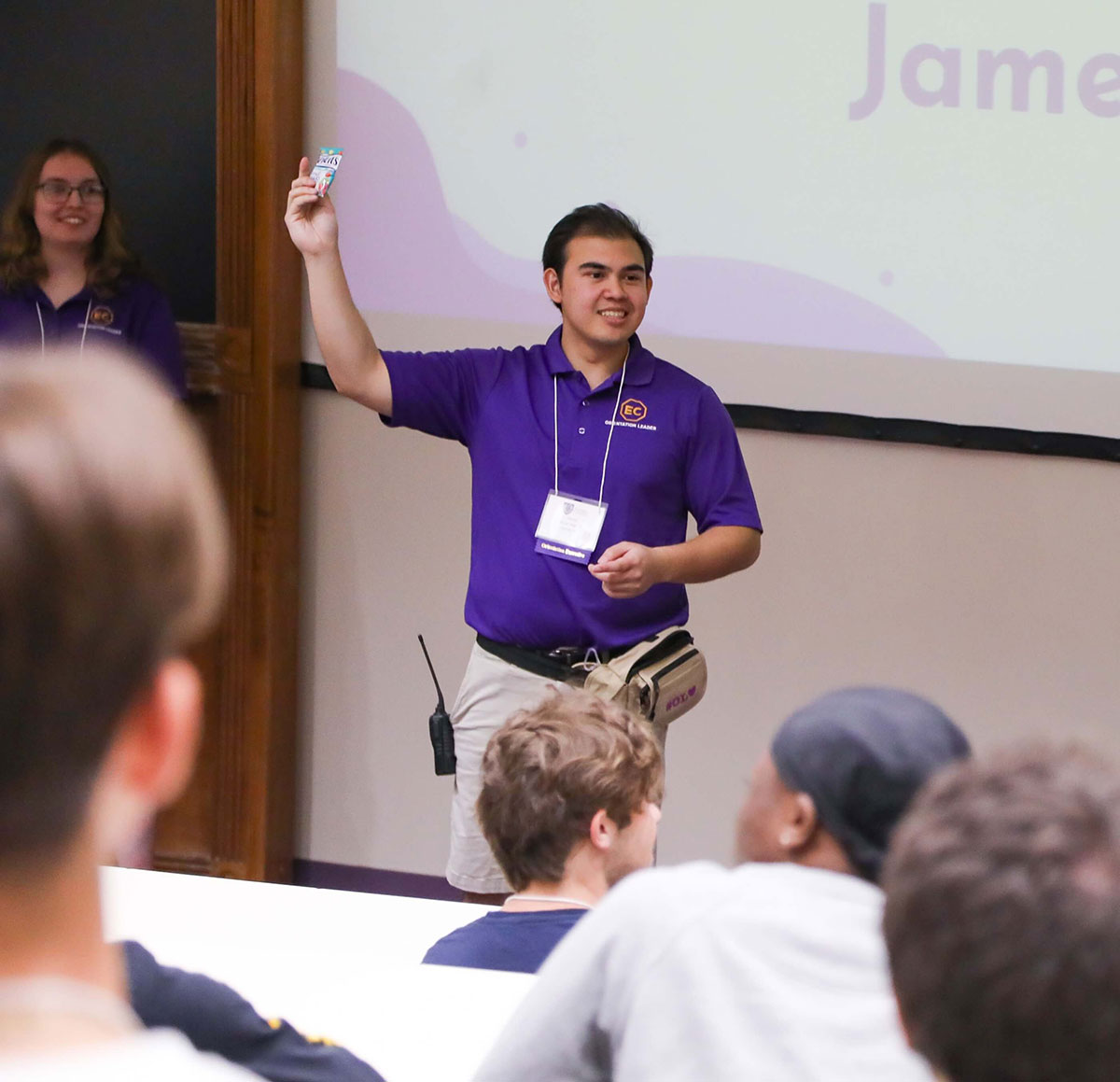
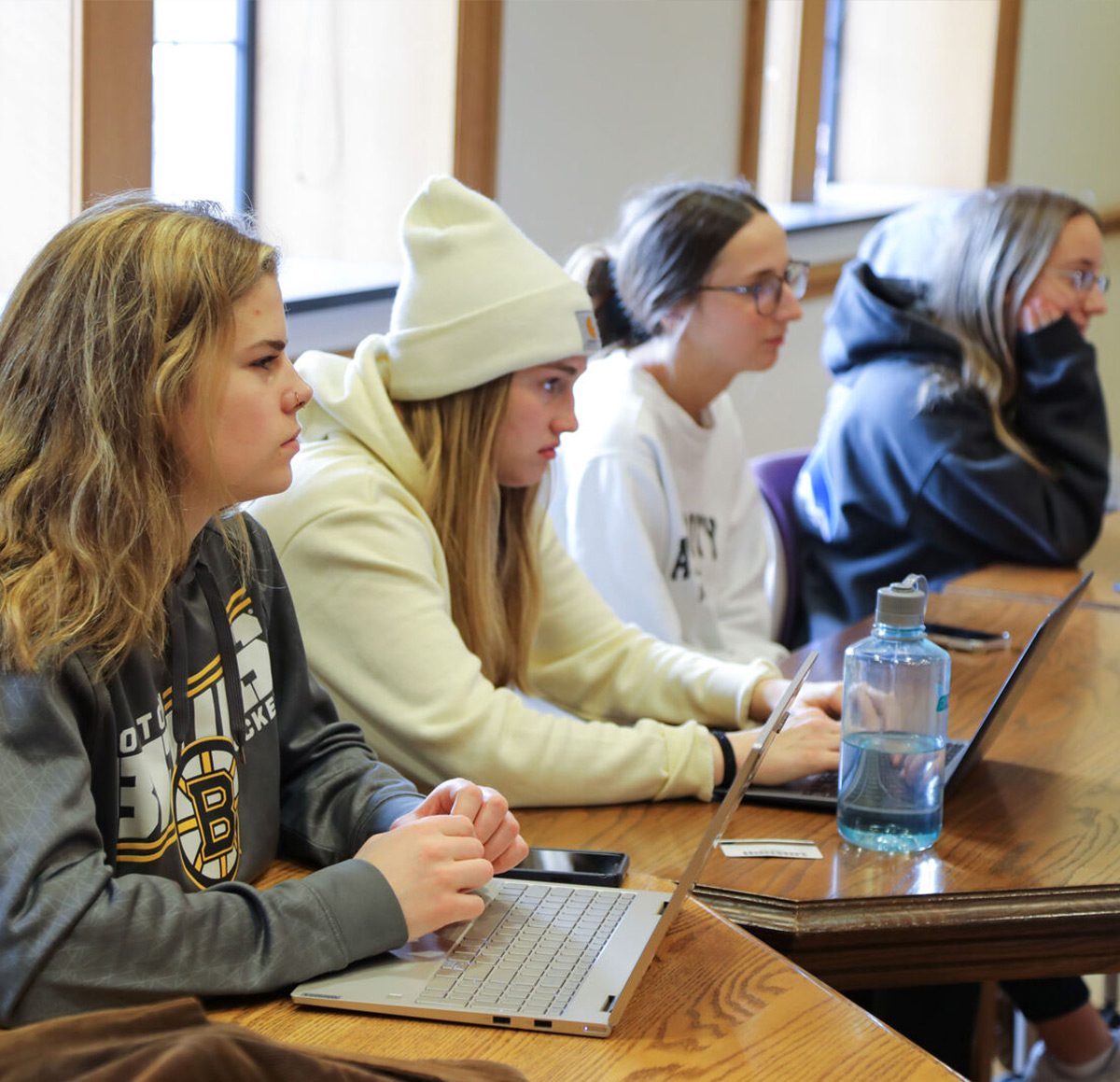
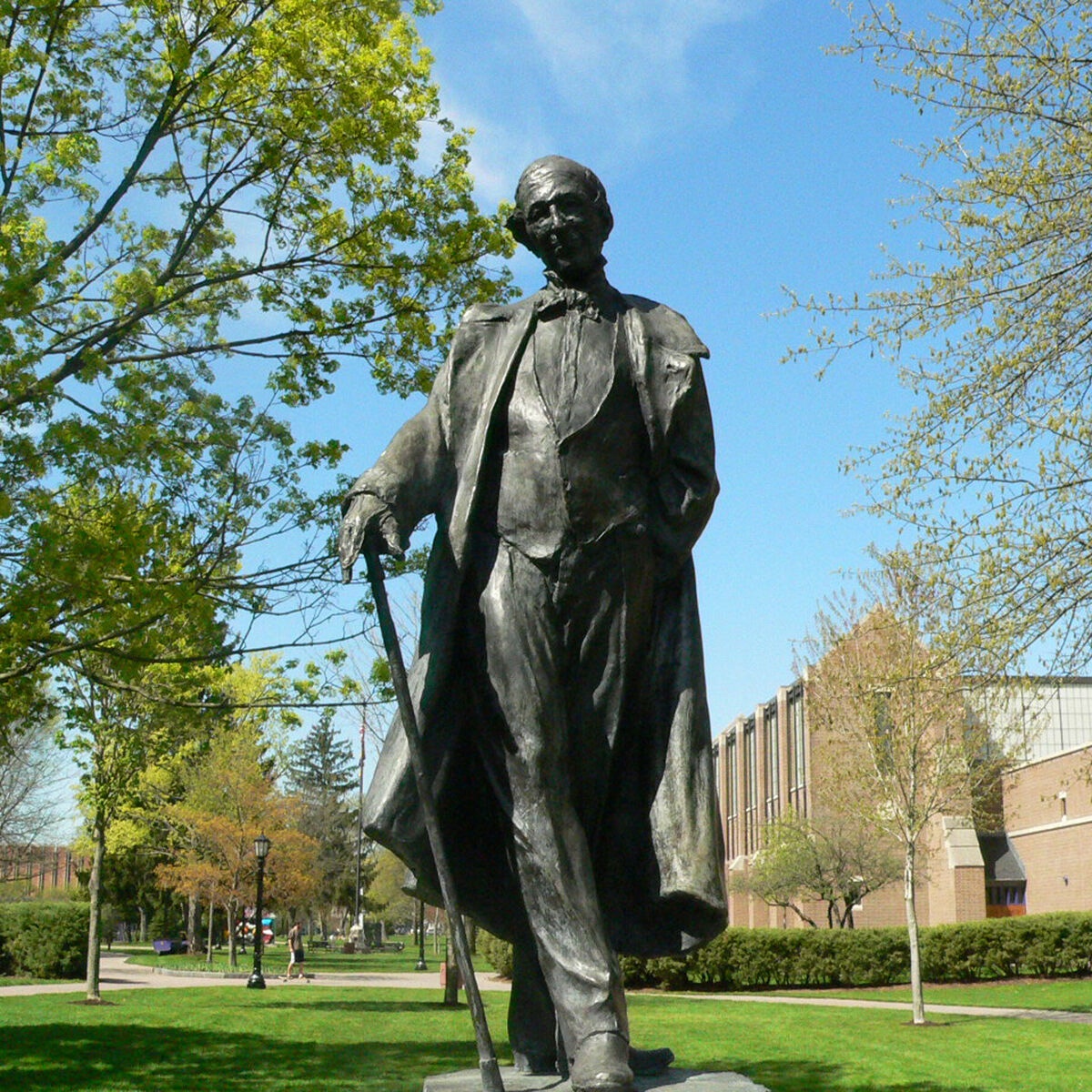
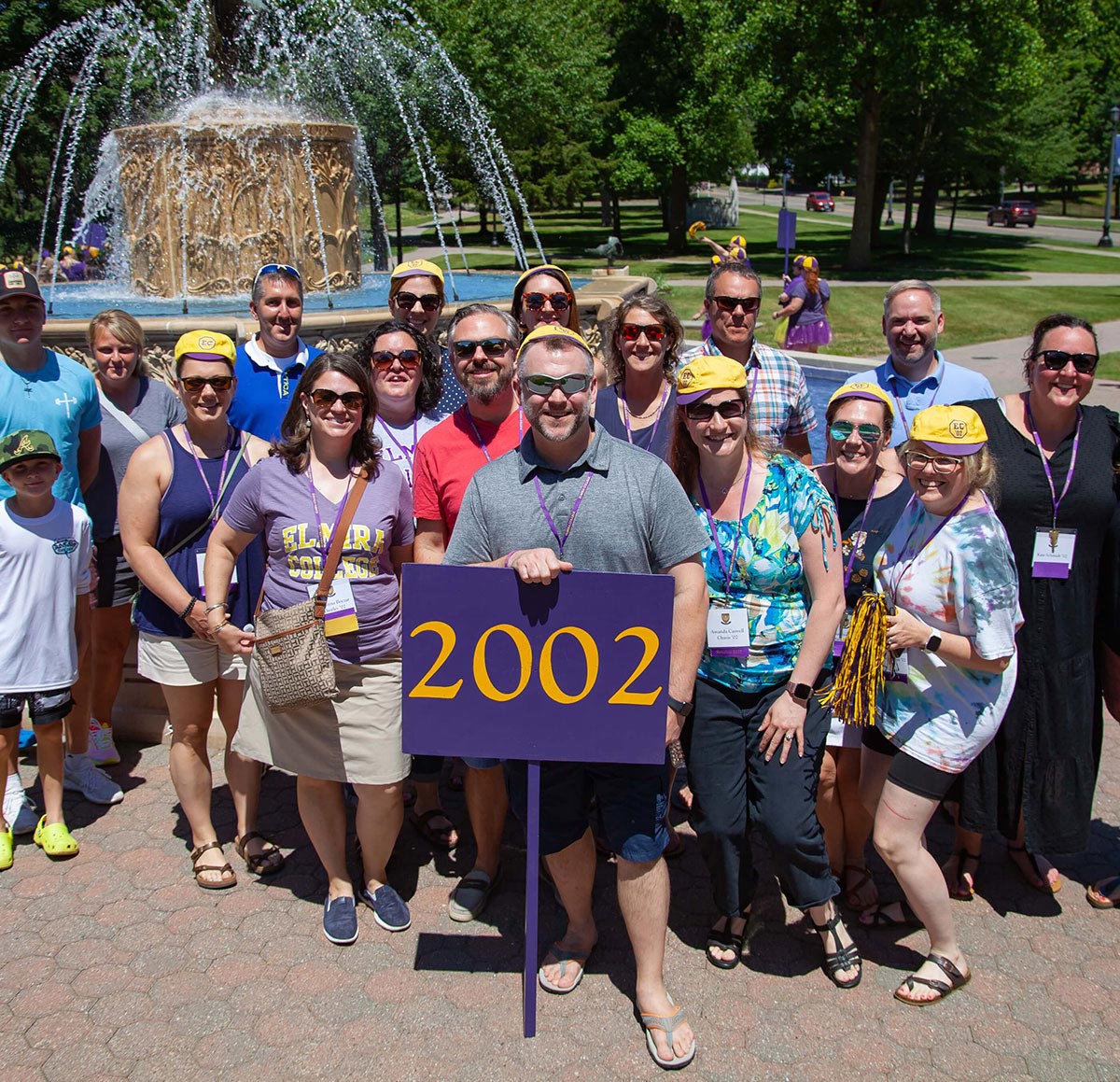
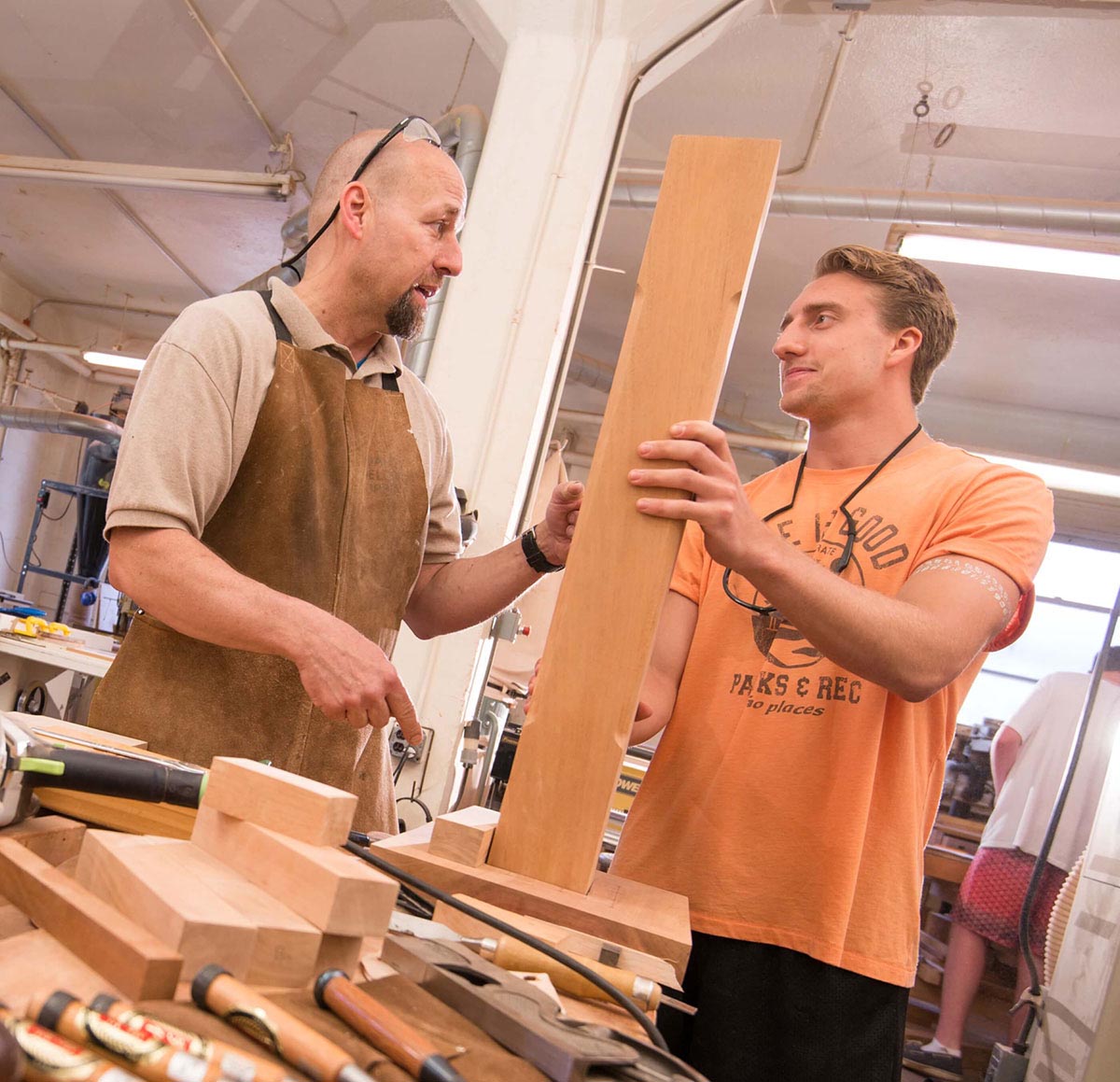
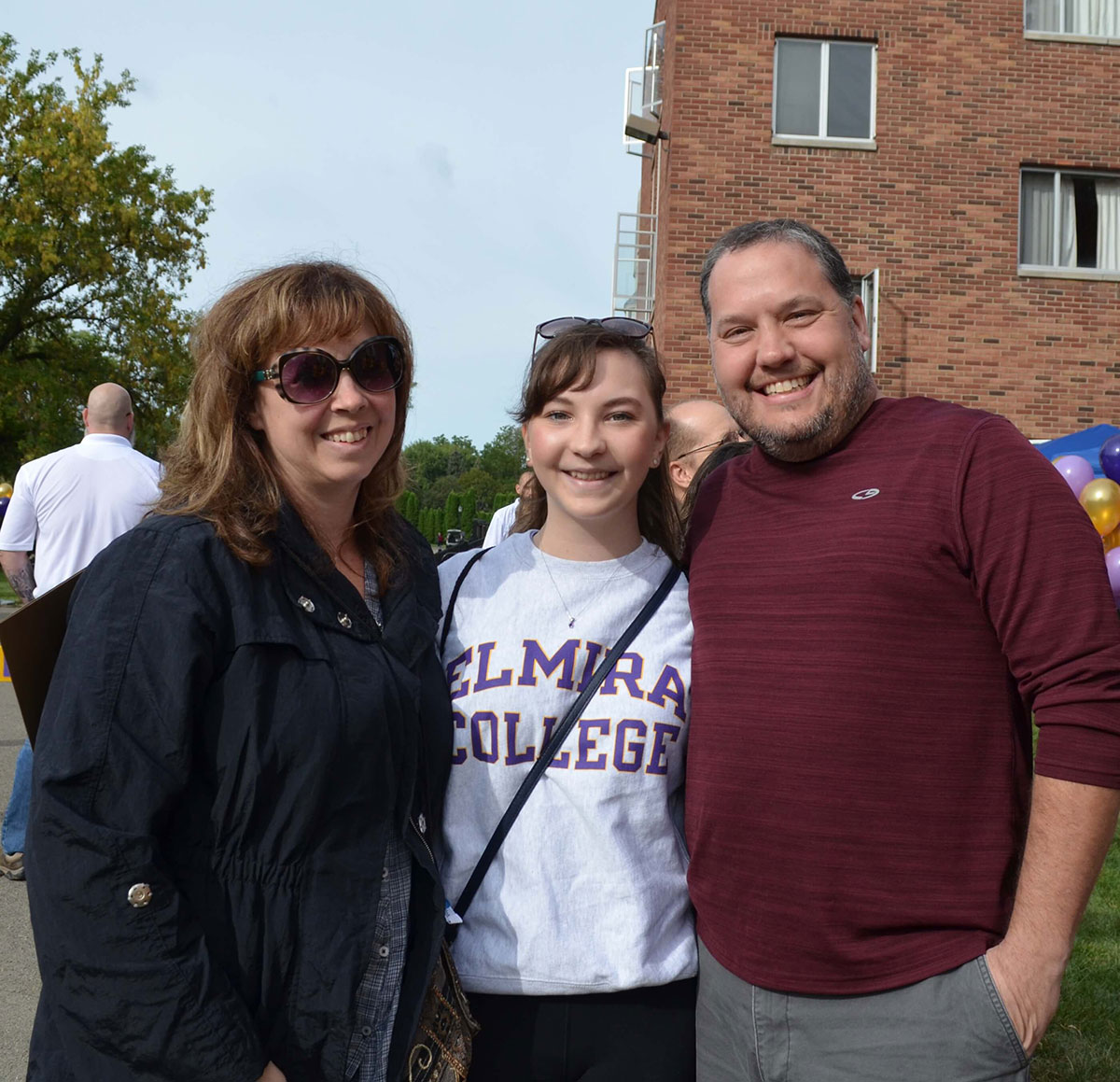
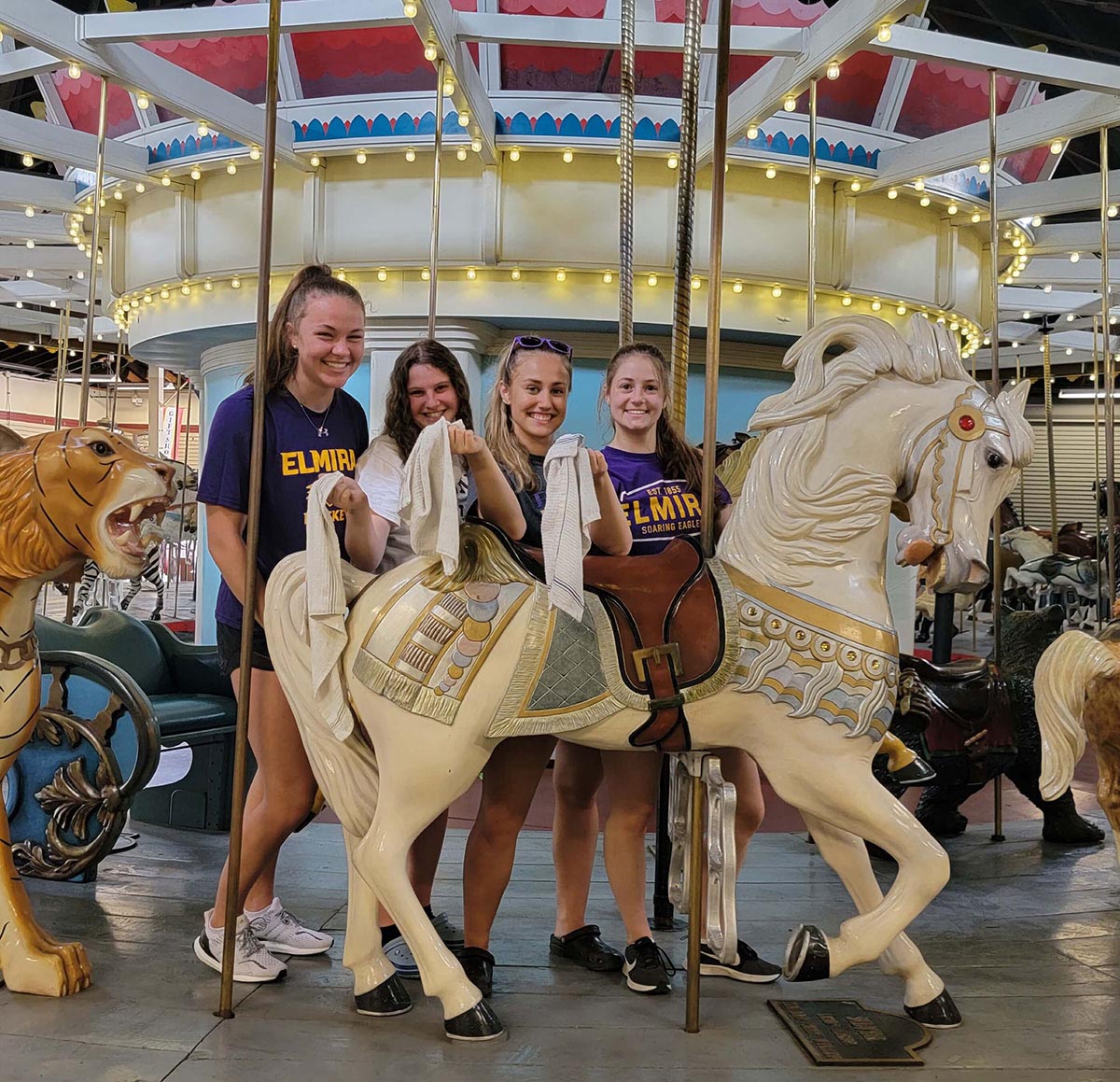
Incoming first-year EC students take First Year Seminar, a foundational course in the liberal arts and sciences.
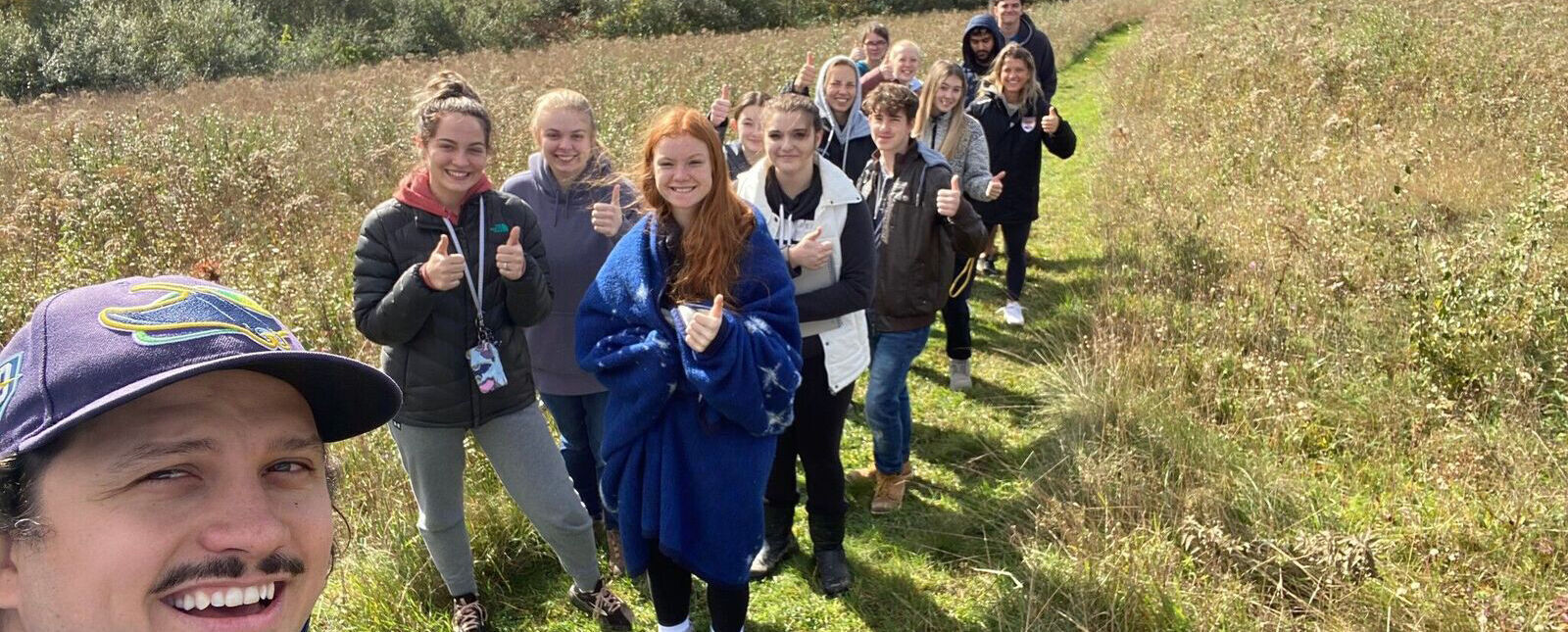
In your first year, one of the first courses you will take is the First Year Seminar. This foundational course is offered in the fall term and serves as a gateway to the College's General Education program. It will introduce you to the wider world of learning beyond the professional training of your declared major. One of the main goals of the program is to develop intellectual skills that will be helpful to you throughout your college career and beyond. In particular, the seminar focuses on sharpening your skills in critical thinking and reading. Not every seminar is the same and you'll have the opportunity to choose from a wide variety of exciting seminar topics, ranging from the natural sciences and the humanities, to the fine arts and the social sciences. In each case, the professor draws on her or his special expertise and interests to provide a unique learning experience.

Healthy Body and Mind
This course will focus on students learning positive habits to promote a healthy body and mind as they transition into their college environment. Students will gain an understanding of the emotional, intellectual, social, environmental and physical elements of wellness while learning and practicing positive skills to combat everyday stress and develop long term resiliency. Students will be provided opportunities to practice their skills, experience guest lectures, participate in community events and opportunities. This experience will allow students to connect with one another to forge positive, support relationships with their classmates and larger campus community.
Toward a More Just World
This course explores various ways that social constructs have been and can be appropriated to work towards justice across the social spectrum. From reformations in the criminal justice system to religion’s impact in the Civil Rights Movement, students investigate historical policies of institutional discrimination and the social disparities of a modern, pluralistic world. Incorporating both factual and fictional narratives into the scope of reading for the course, students will also understand the methods used by educators, artists, religious leaders, and activists to shift power centers and empower minorities and the underprivileged. Students will observe and participate in a local social justice organization by collaborating with leaders from local organizations of their choice to explore and influence the community. The course concludes with students’ reports and presentations on their research, observations, and participation in the course projects.
Hiking with a Geologist
Love a hike in the woods? Over the years, humans have profoundly stated our love for being outside and enjoying the wilderness that surrounds us. The class will read some of these accounts from Henry David Thoreau to Anne LaBastille and Annie Dillard, to experience the romantic, environmental, and meditative aspects of nature as we walk about in it. Also, how did the woods and mountains get here in the first place? Humans often overlook the geologic controls of our natural environment. Geology creates the physical landscape we exist on but also subtly molds Earth’s water and climate, influencing the distribution of plants and animals. In this course, we will walk and explore the Southern Tier of New York as we meld a soulful wilderness experience with the science of how and why that wilderness exists. Fortunately, we are surrounded by beautiful wilderness and geology. Elmira is situated on the Allegheny Plateau, bordered by the beautiful, glacially carved Finger Lakes to the north, the Pennsylvania Fold Belt to the south, and the Appalachian Mountains to the East. Come outside to explore with us!
Animating the World of Myth (Honors Section)
Voices of the past speak to us through myths and folklore. These ancient stories, passed down through generations, describe worldviews and offer wisdom for people from every part of the world. This class will explore and compare the traditional stories of cultures from around the world as they are retold by modern storytellers and artists, with an emphasis on foreign-films, animations, paintings, sculptures, and other modes of artistic interpretation. Students will respond through analytical writing and creative projects.
Art, Design, and the Environment
Never before have environmental issues been more pressing and creative solutions needed. Students in this course will develop a broad understanding of these environmental issues and their relationship to the social, political, cultural, and economic systems that impact the future of humanity, other species, and our shared planet. Students will understand how their own work as an individual, artist, or designer can comment on, interact with, and impact the world. In this course, we will explore artistic responses to environmental sustainability and related social issues. Students will develop collaborative and creative individual projects that may take the form of social/relational art practice, video, installation, performance, writing, sound, 2D or 3D form, and electronic media. We will focus on artists, designers, and architects that work across disciplines and within communities to focus attention on the web of interrelationships in our environment, from the physical and biological to the cultural, political, and historical.
Imaginary Cities
What are cities, exactly, and why do they exist? How are cities shaped by human norms, values, beliefs, and biases, and how do cities in turn shape the way we experience the world, the relationships we form, and the lives we are able to live? In other words: while we create cities, cities also create us. We will begin by learning about the historical and psychological dimensions of urban design. Together, we will set forth to explore Elmira and interpret what we find through perception maps, creative writing, and photo essays. We will then dive into films and short stories about utopian and dystopian cities, and study efforts by intentional communities — ecovillages, communes, and coops — to create better microsocieties. Finally, in teams, you will design your own “perfect city” and present it as a diorama in the medium of your choice: Playdoh? Legos? Cardboard? Something else? You will also create a compelling advertisement to sell your city to prospective residents.
Lights, Camera, Re-Action!
Do you love viewing films and talking about them with friends? Are you searching for a deeper understanding of the moving image, beyond the popular 60 second TikTok video? If so, this is the class for you! Students will view highly acclaimed films and learn methods to analyze the artistic and technical choices made by filmmakers before sharing their own opinions in written essays and video podcasts. Students will collaborate to create video podcasts and creative videos in response to class readings and research, using their own smart phone technology. Students will develop an appreciation of film as a powerful art form that can inform and inspire change.
Secret Codes, Hidden Figures, and Modern Movies
Come experience the fun of creating your own secret codes and secret societies while attempting to decode the secret messages of your friends! In this course, we’ll learn about how human history has been shaped by the making and breaking of codes, as well as other related advances in STEM (science, technology, engineering, and mathematics). Throughout the term, we’ll watch and discuss modern movies that highlight the people behind groundbreaking discoveries in STEM, both historical and fictional. Watching these movies will lead to important discussions about: Whose stories get told through popular film. Whose achievements have we traditionally celebrated? Who are the “hidden figures” that we are now beginning to celebrate? Why does representation matter?
Creating Sustainable Futures
Climate change presents our world with an existential crisis that requires a global response. This course will provide students with an understanding of current (and upcoming) environmental issues and their impacts on social, political, cultural, and economic systems. We will explore the potential solutions offered by more sustainable forms of development and the ways in which collective actions can make a big difference. Students will learn how to apply sustainability principles to their personal and professional lives. This course will help to provide students with the tools and knowledge to succeed in college and go on to contribute to a more sustainable future, whatever their future careers might be.
Bouncing Back – Why Perspective Matters
Why do some individuals demonstrate resilience and cope with adversity better than others? What personality traits and behaviors help individuals bounce back from adverse events? What does it mean to be resilient? Is mental toughness a skill that can be developed? There are many examples throughout history of people of all ages and backgrounds who overcome immense obstacles in spite of precarious odds. These courageous people demonstrate resilience in desperate situations. In addition, these same individuals often possess a mental toughness that enables them to see past a failure, gain a new perspective, and move forward. They do not allow the adverse event they are experiencing to define them or be detrimental to their existence. Instead they use the experience to become even more resilient and mentally tough. In this course, we will examine the concepts of resilience and mental toughness across the lifespan and in a variety of situations. We will explore these concepts through a diverse selection of books, articles, film clips, and hands-on activities. The focus of this course will be to understand what it means to have resilience and mental toughness and recognize ways these attributes can be developed for personal growth.

